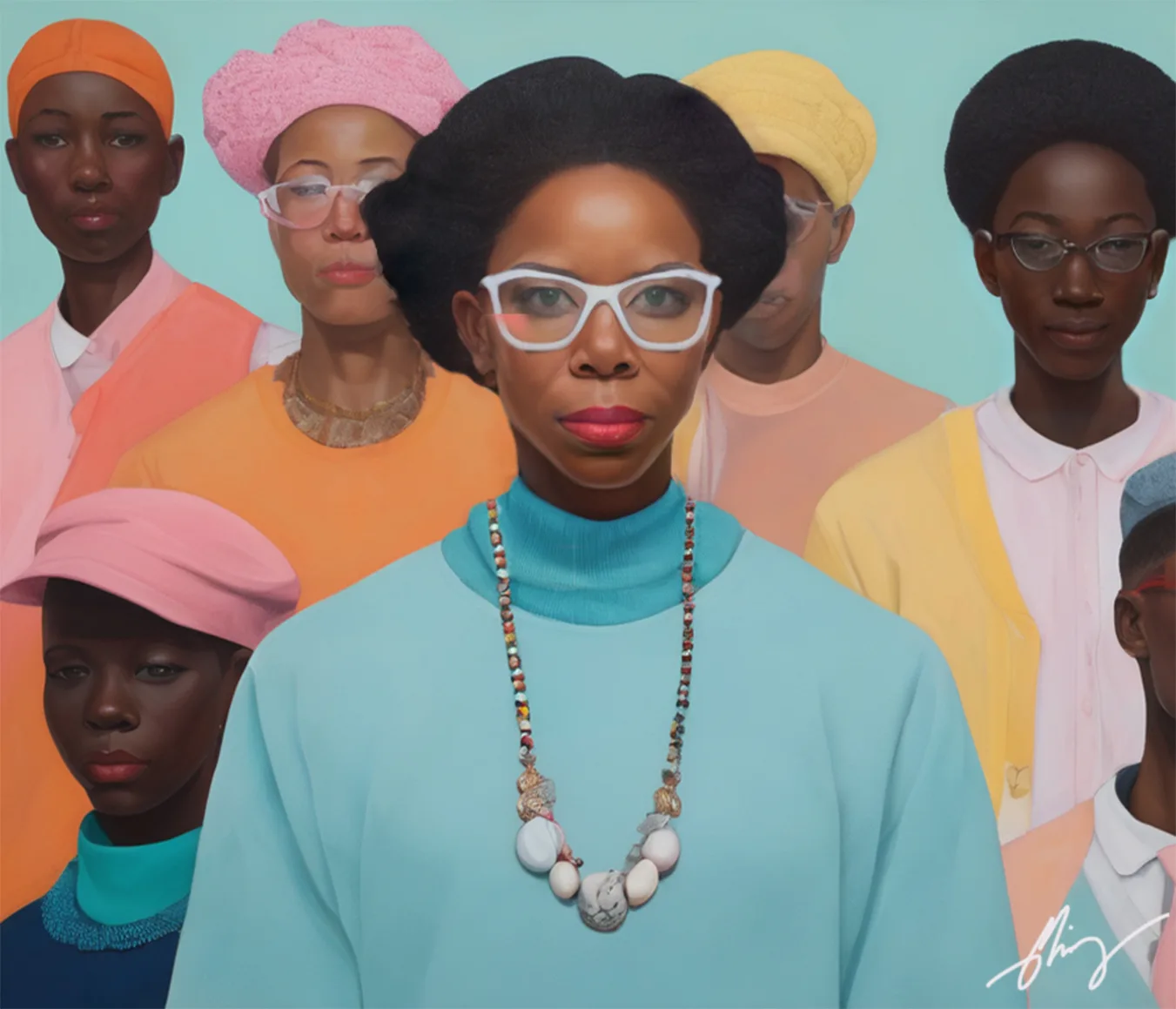It’s summertime! As exciting as the hottest season can be, it also means Ultraviolet (UV) radiation is in full force. UV rays are a type of low-energy radiation that is emitted by the sun. It’s invisible to the human eye because of its very short wavelength. But make no mistake, these low-energy rays pack a powerful punch, and overexposure to UV radiation can lead to serious health issues, including various types of cancer.
We all know too much time in the sun causes skin damage, but it can also damage the eyes. National Sunglasses Day is a commemorative day celebrating the importance of wearing ultraviolet (UV) protective sun wear and eyewear. The day got its official start in 2009 when it was organized by The Vision Council, a nonprofit trade association for those in the optical industry. The council suggested establishing the day to remind people to take good care of the health of their eyes. Read on as we break down the harmful effects of the sun on our eyes, and explore different ways to protect your vision and eye health this summer.
UV exposure & eye problems:
UV light more easily penetrates eye tissues than visible light, potentially increasing the risk of eye problems. Several eye problems are linked to UV exposure including:
- Pinguecula: A pinguecula is a protein and fat deposit in the white part of the eye (sclera). It can cause irritation and, in rare cases, affect how tears cover the eye.
- Pterygium: A pterygium (surfer’s eye) is a growth that extends from the sclera to the clear tissue called the cornea, which covers the iris and pupil.
- Cataract: A cataract is a cloudy area in the eye’s lens. Prolonged exposure to UV rays modifies lens proteins, leading to cataract formation and worsening eyesight. Over time, cataracts can make vision blurry, hazy, or less colorful.
- Cancer: Cancers of the eyelid, including basal cell carcinoma and squamous cell carcinoma, are linked to UV exposure. No link has been made between UV exposure and other types of ocular cancers.
- Age-related macular degeneration (AMD): Age-related macular degeneration (AMD) blurs our central vision due to the breakdown of the macula (the part of the eye that controls sharp, straight-ahead vision). The macula is part of the light-sensitive retina in the back of the eye. Some studies indicate prolonged exposure to UV rays without protection increases the risk for AMD.
Protecting the eyes:
Here are the best ways to protect your eyes from UV in the summer, and year round:
- Wearing sunglasses and a hat is the simplest and safest way to protect the eyes from UV rays. A hat with a broad, dark brim that shades the eyes and reduces glare is the perfect choice.
- Consider staying indoors during parts of the day when the sun is strongest, usually between 10 a.m. and 4 p.m. Check the local weather forecast for the UV index, a measure of UV intensity. Be aware that the UV index can be high even on cloudy days.
- Choose sunglasses that fit well and that block light from coming in around the lenses. UV-blocking lenses are the most important feature of all sunglasses but should not be the only one to be considered when buying a new pair. Consider the following factors when choosing sunglasses:
- Lens material: Sunglasses lenses can be made from a variety of materials, including plastic or polycarbonate. By law, retailers must indicate the level of UV protection. Look for lenses that provide 99 to 100 percent protection from UVA and UVB or marked as having a UV400 rating. The U.S. Food & Drug Administration (FDA) regulates non-prescription sunglasses as medical devices, requiring that manufacturers and retailers meet minimum requirements for UV protection, lens quality, impact resistance, labeling, and more.
- Fit: Choose comfort over style when selecting sunglasses frames. They should feel good, stay in place, and cover the skin around the eyes. A good fit will minimize light that enters the eye from the top, bottom, and sides of the lenses.
- Use: Choose sunglasses according to activity. Activities near water, snow, sand, and other reflective surfaces increase UV exposure by reflecting light. Polarized lenses are good for reducing glare from snow or water. Consider wearing wraparound sunglasses or goggles to protect from intense light or when doing yardwork or other activities that create flying debris.
Don’t assume that expensive, designer sunglasses provide better UV protection than sunglasses available from less expensive vendors. Sunglasses that are clearly marked as providing 99 to 100 percent protection from UVA and UVB or marked as having a UV400 rating will do just the trick. For those that wear contacts, some contact lenses block UV rays. Wearing UV-blocking sunglasses over contact lenses will help protect the skin around the eyes as well the portion that contact lenses don’t cover.
Summing it up:
Protecting your loved one’s eyes from UV rays also proves particularly important in the summer, as our eye health depletes overtime. We may lose the ability to see up close or distinguish certain colors. If you’re worried about the eye safety of someone you’re caring for, or need someone to coordinate eye appointments and care, True Care would be happy to guide you through care options and caregiving tips. Feel free to contact us via phone or email, or visit any of our convenient locations across the five boroughs.
Taking steps to protect yourself from the sun is a year-round responsibility, but it doesn’t have to feel like a chore. There are many accessories we can use to protect our eyes from the sun. You can use hats (sunhats, visors, umbrella hats) and sunglasses as a way to express yourself while protecting your sight! How will you choose to protect your eyes this summer?
DISCLAIMER: THIS BLOG DOES NOT PROVIDE MEDICAL ADVICE
The information in this blog is for informational purposes only and is not intended to be a substitute for professional medical advice, diagnosis, or treatment. Always seek the advice of your physician or other qualified healthcare provider with any questions you may have regarding a medical condition or treatment and before undertaking a new health care regimen.









